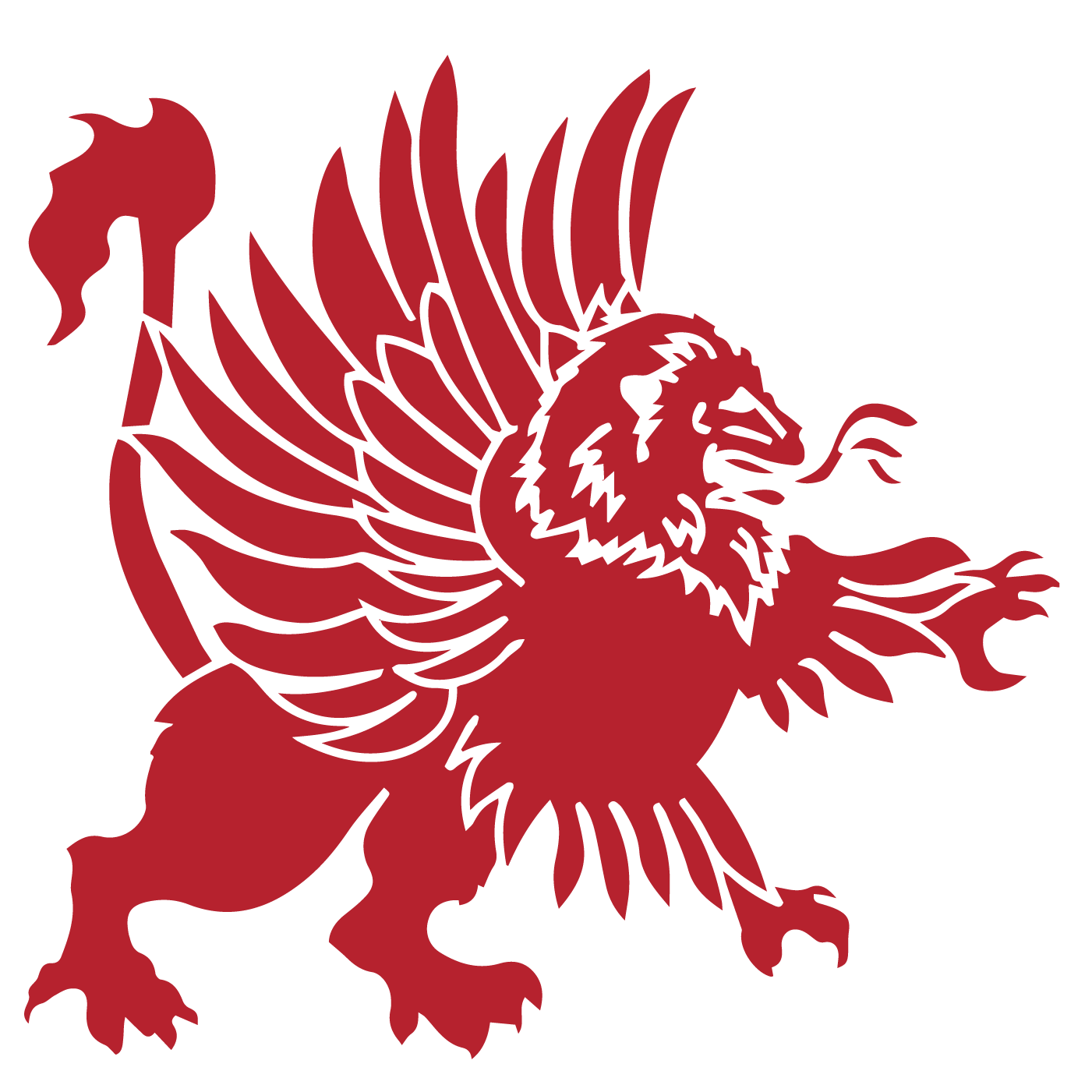Skip to content
Show submenu for ADMINISTRATION
ADMINISTRATION
Show submenu for DEPARTMENTS
Show submenu for BOARD OF EDUCATION
Show submenu for PARENTS
Show submenu for STUDENTS
Show submenu for EDUCATORS
2025-2026 Bids and Proposals
Willingboro Public School District- Advance
Bond Referendum
Relocation Updates and Announcements
BACK TO SCHOOL 2025-2026
Right to Know/ Safety Data Sheets
IN CASE YOU MISSED IT 2025-2026
2025-2026 Governor's Educator of the Year Award Winners
Show submenu for
